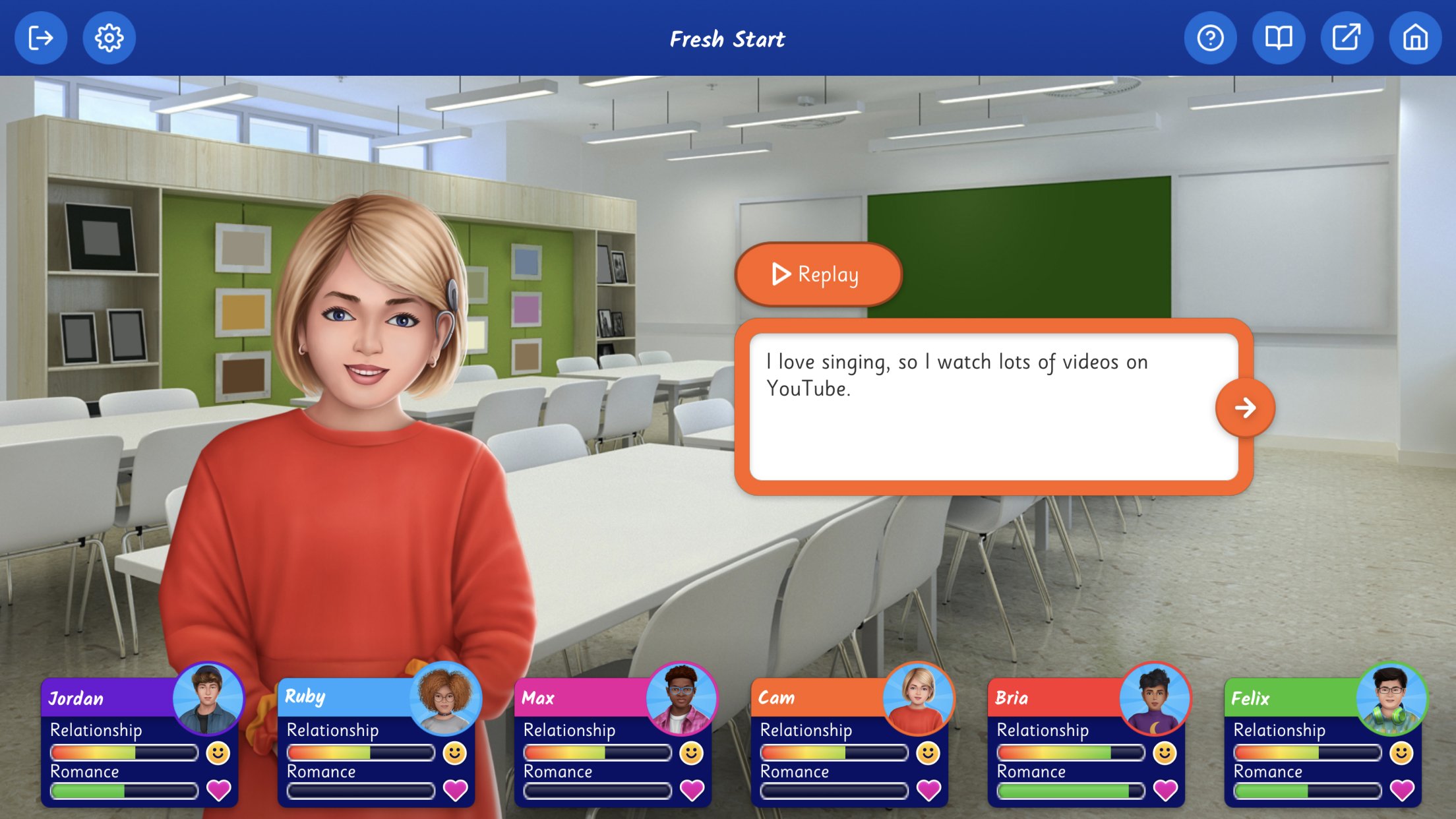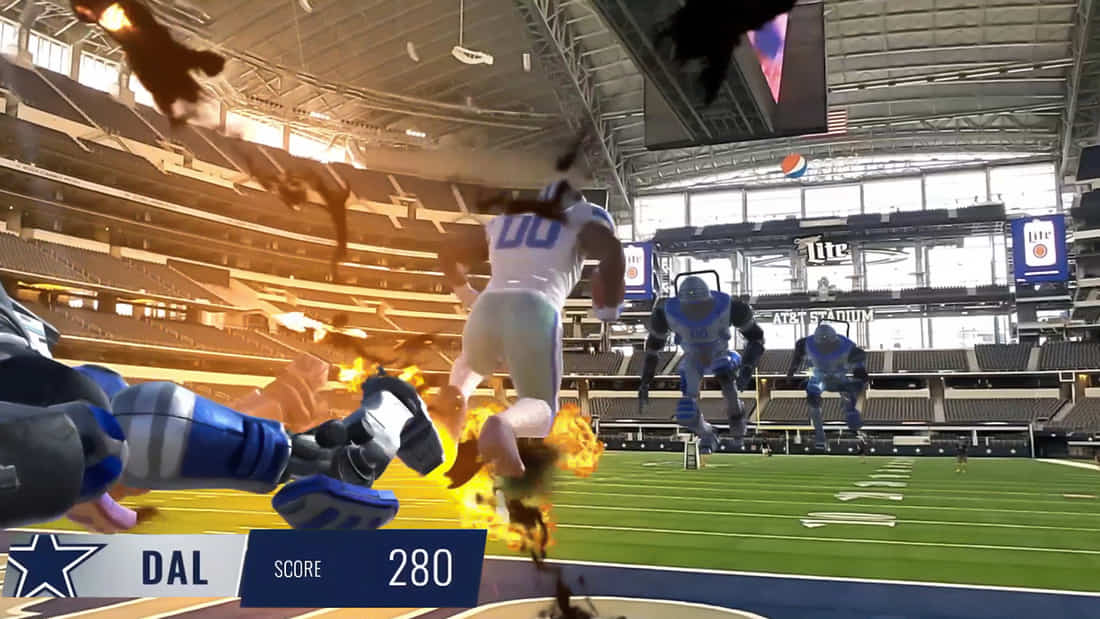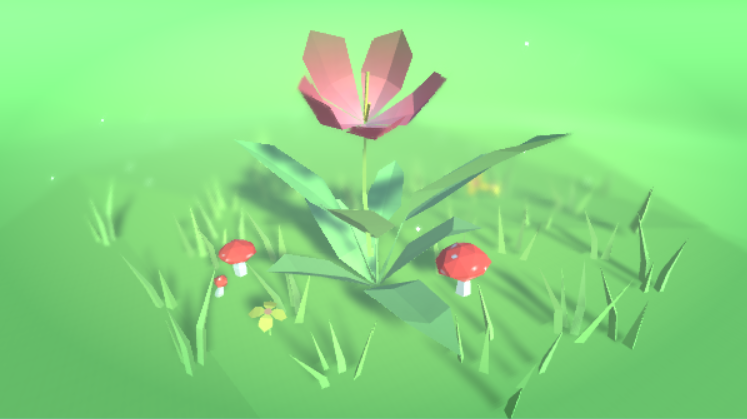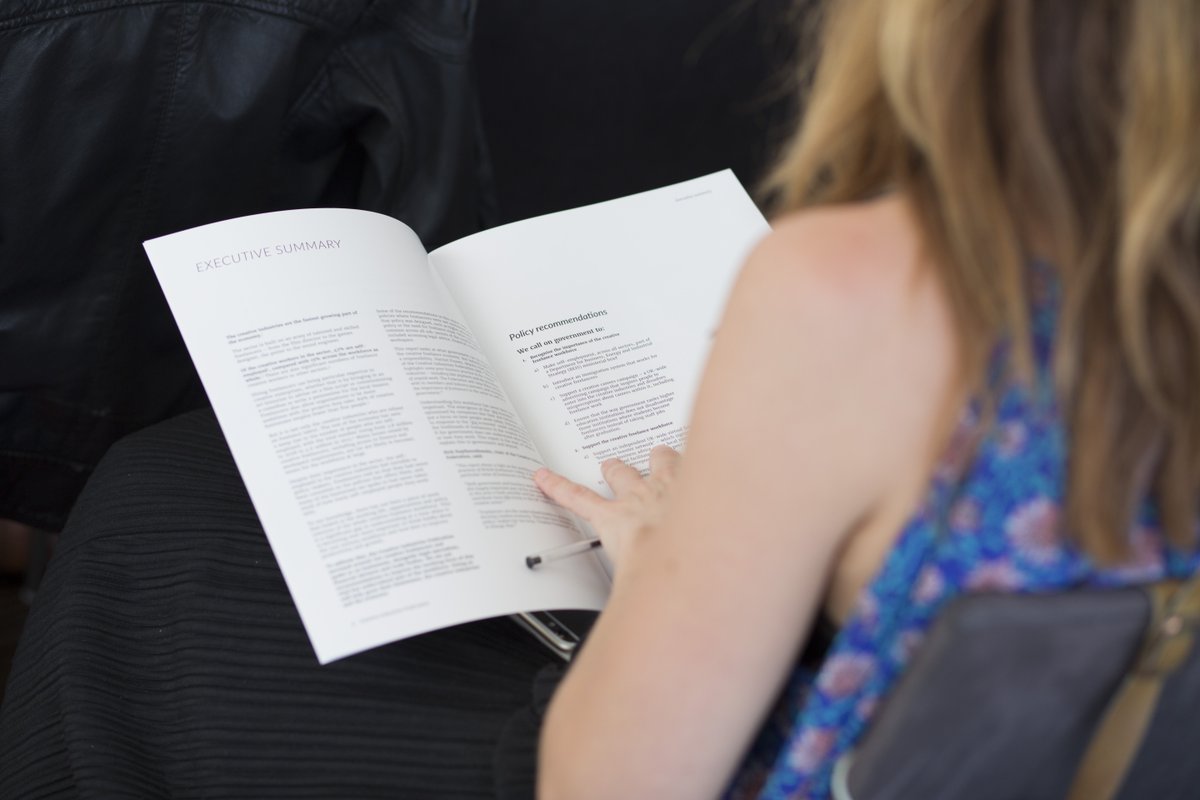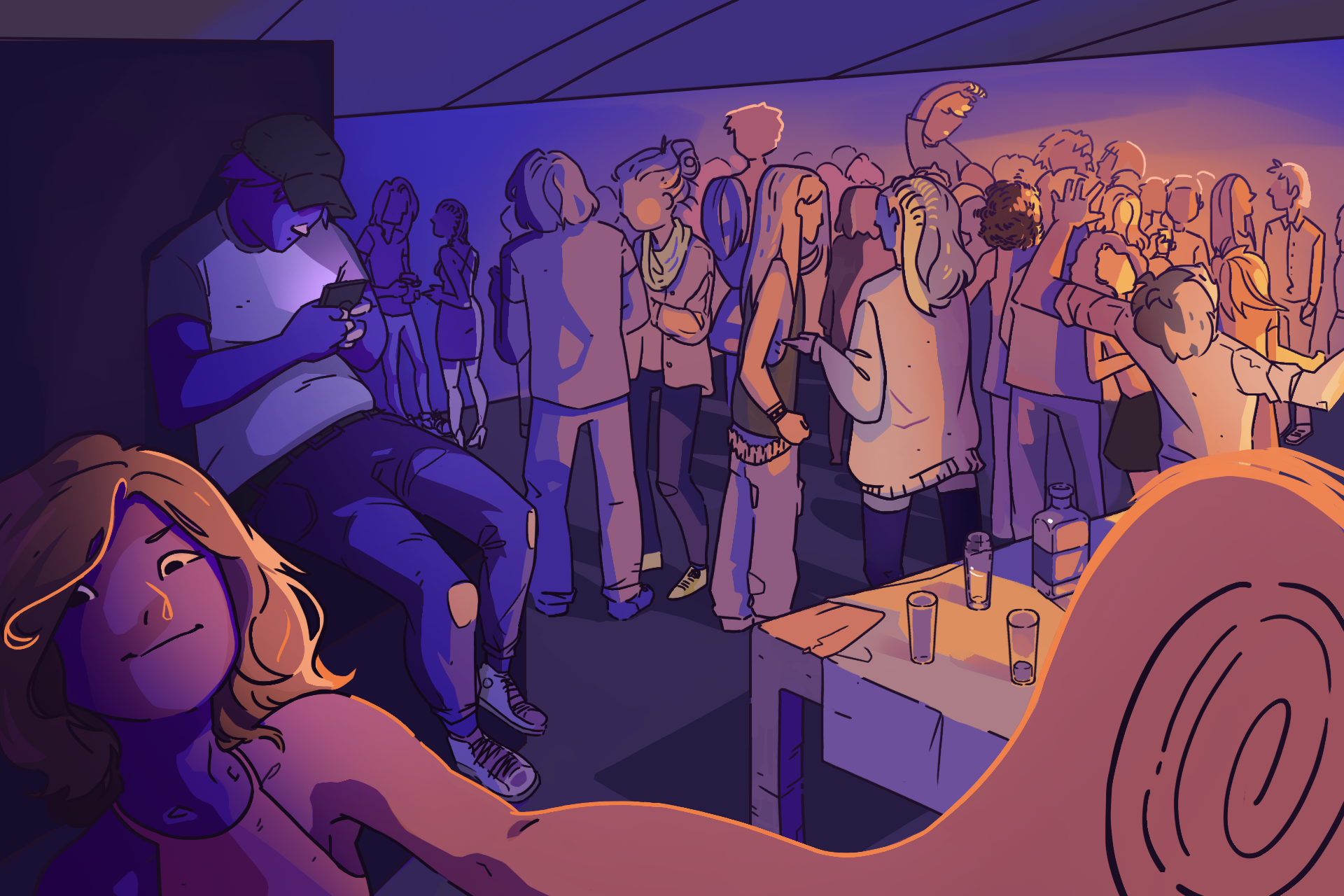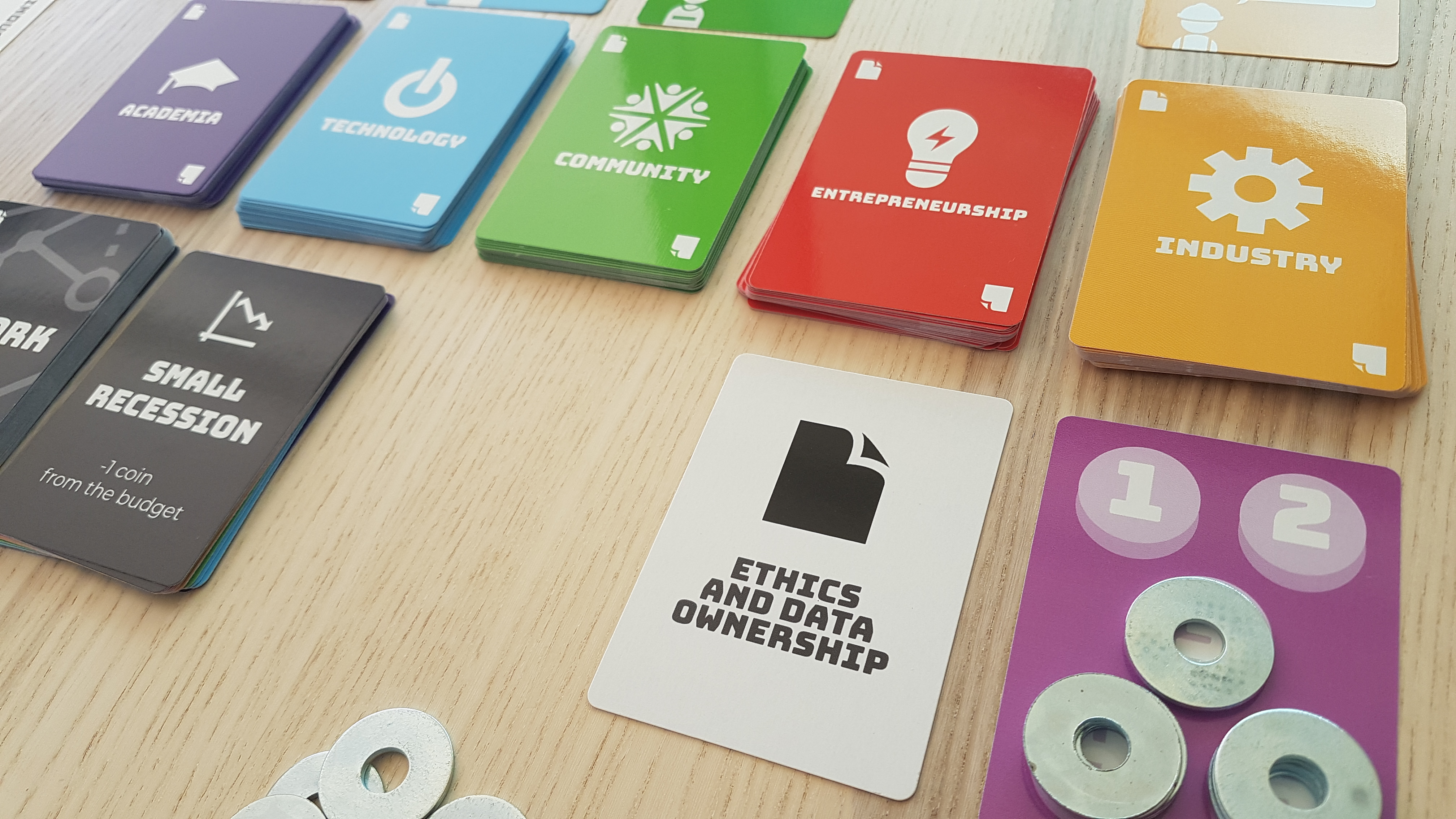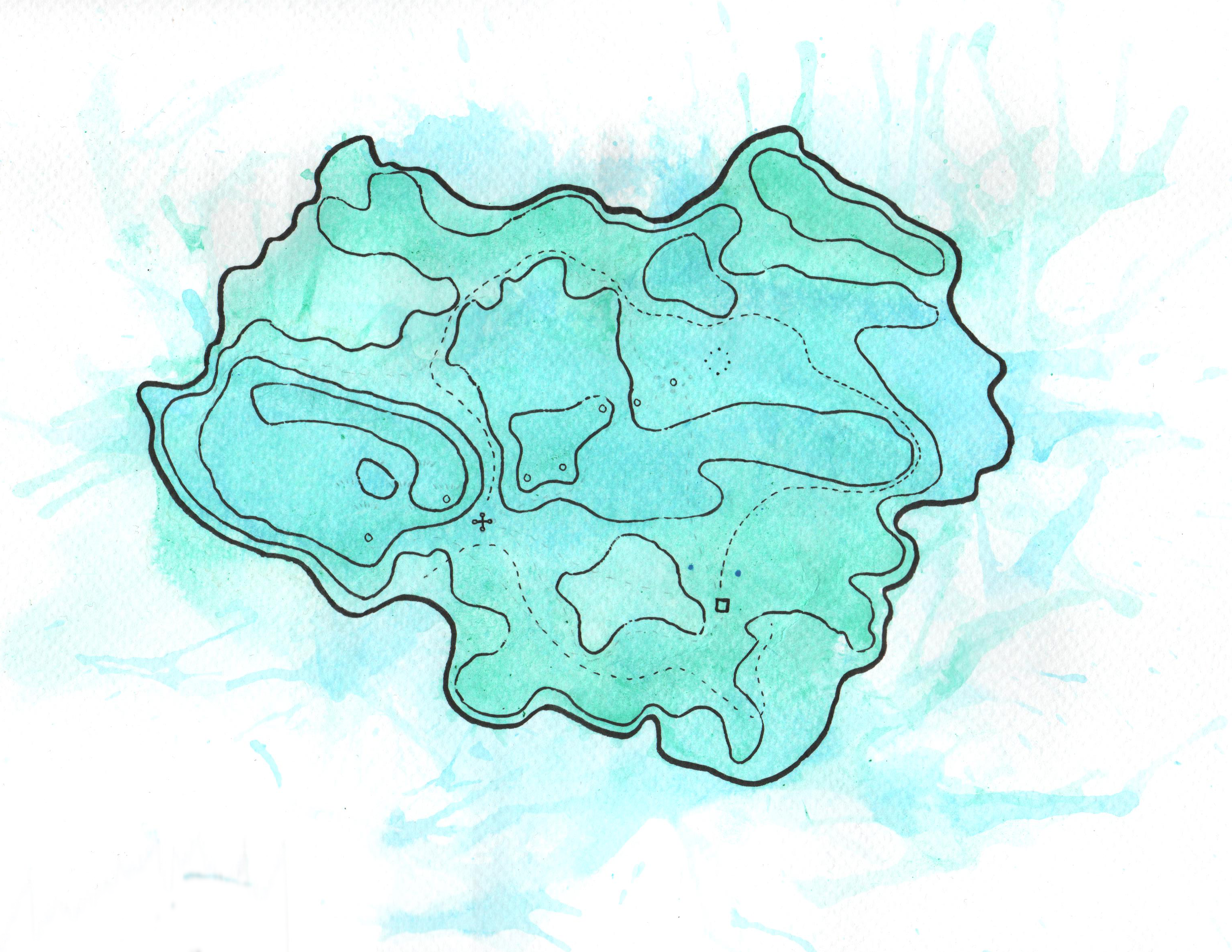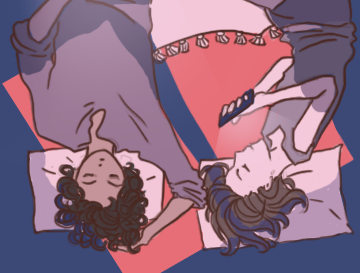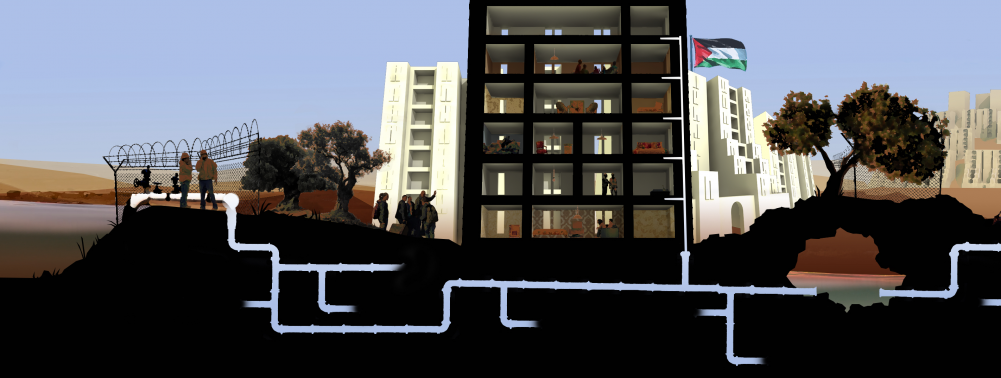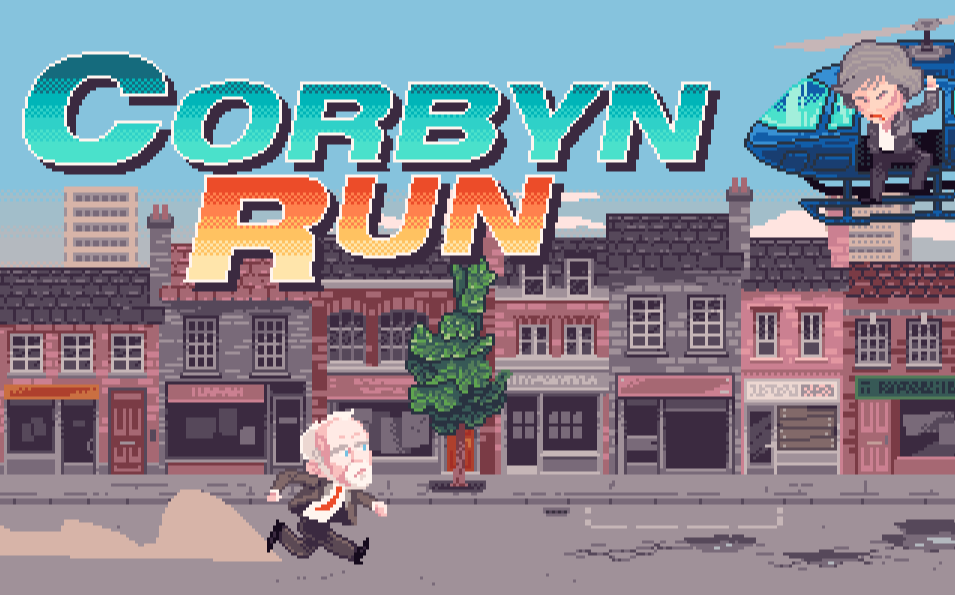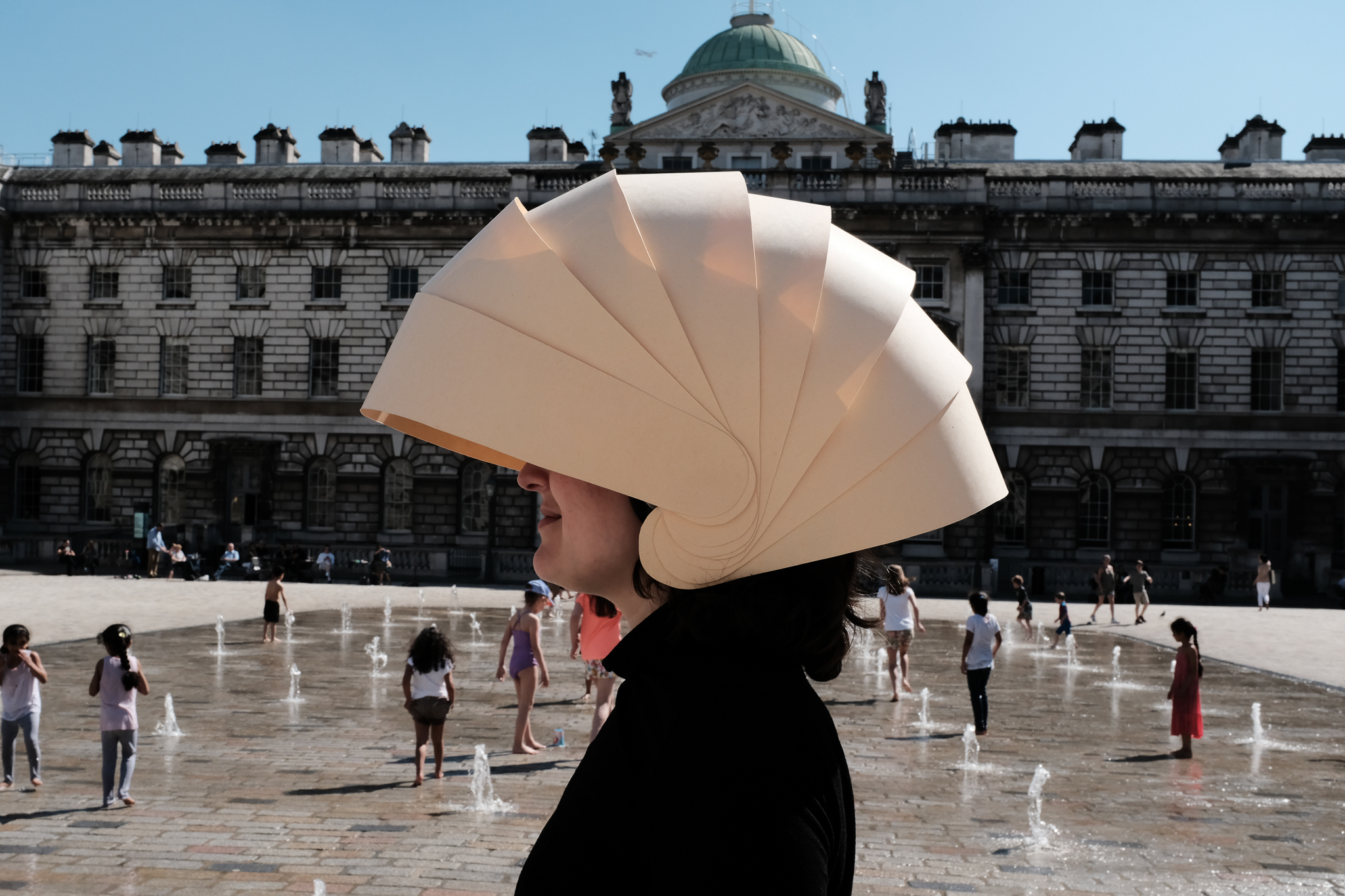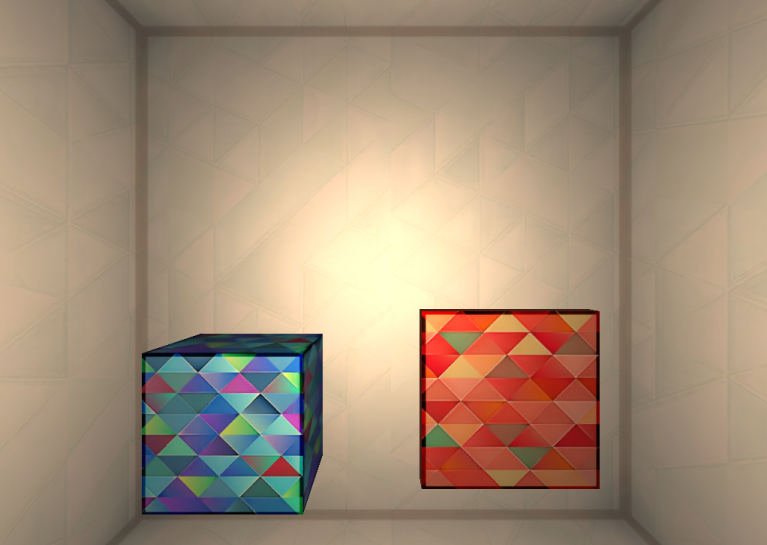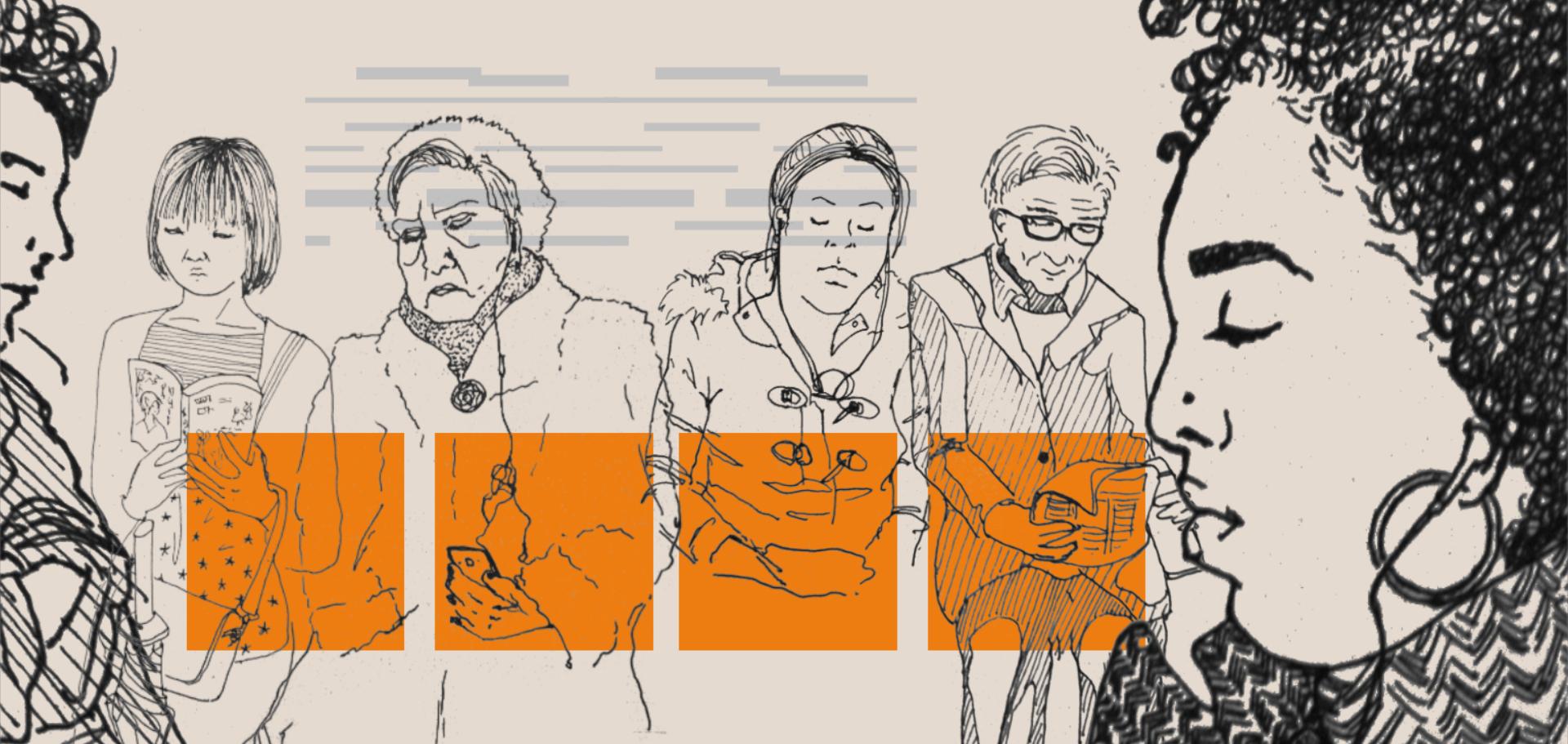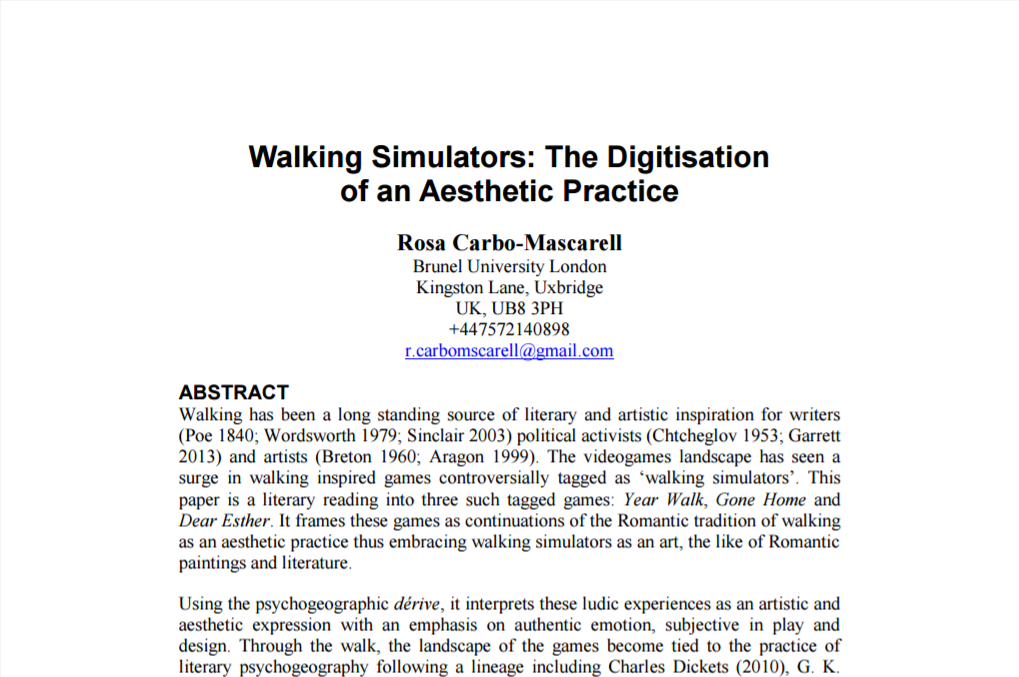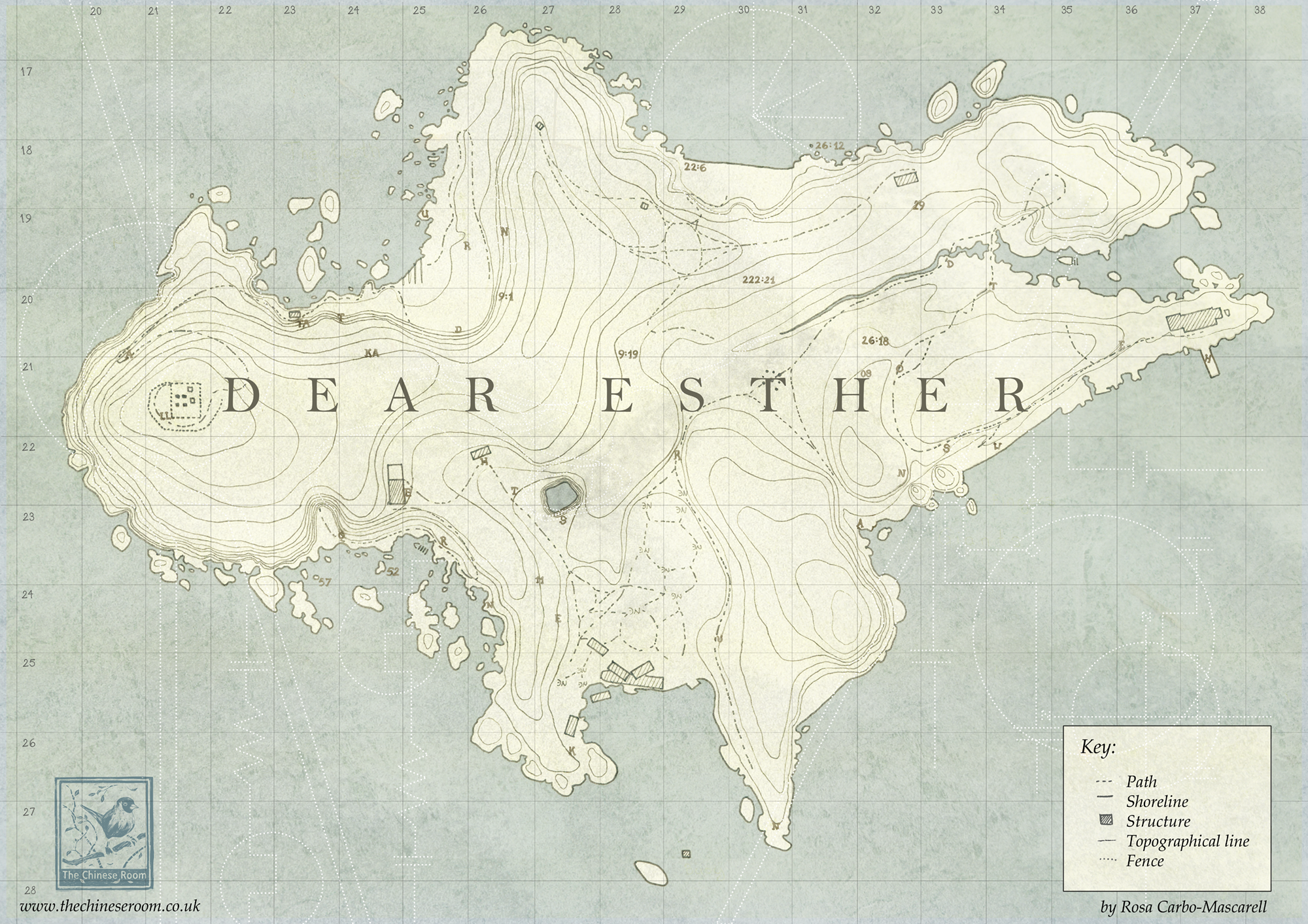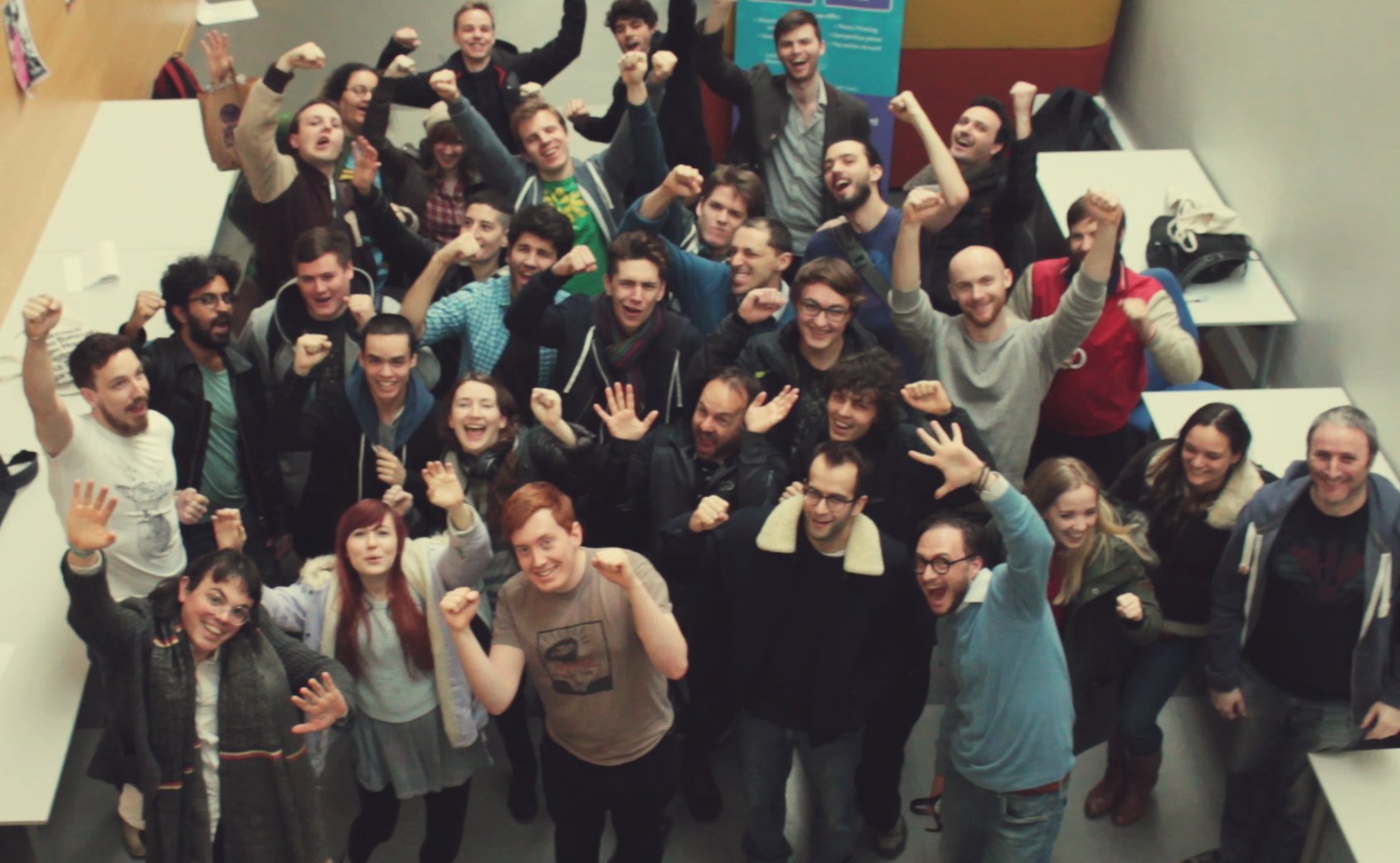Walking Simulators: The Digitisation of an Aesthetic Practice
Abstract
Walking has been a long standing source of literary and artistic inspiration for writers (Poe 1840; Wordsworth 1979; Sinclair 2003) political activists (Chtcheglov 1953; Garrett 2013) and artists (Breton 1960; Aragon 1999). The videogames landscape has seen a surge in walking inspired games controversially tagged as ‘walking simulators’. This paper is a literary reading into three such tagged games: Year Walk, Gone Home and Dear Esther. It frames these games as continuations of the Romantic tradition of walking as an aesthetic practice thus embracing walking simulators as an art, the like of Romantic paintings and literature.
Using the psychogeographic dérive, it interprets these ludic experiences as an artistic and aesthetic expression with an emphasis on authentic emotion, subjective in play and design. Through the walk, the landscape of the games become tied to the practice of literary psychogeography following a lineage including Charles Dickets (2010), G. K. Chesterton (1905), Andre Breton (1960), Ian Sinclair (2003) and Will Self (2015). It concludes that there might be an appropriateness in using the term ‘walking’ in defining these games. The Romantic tradition was born out of walking and it is evolving into a digitisation of its practice.
What is DiGRA?
Founded in 2003, DiGRA is the premiere international association for academics and professionals who research digital games and associated phenomena. It encourages high-quality research on games, and promotes collaboration and dissemination of work by its members.
Reception
Chris Bateman, philosopher and author of Imaginary Games: "I can imagine some game studies folks spitting feathers over this paper, but frankly I loved it. The connection drawn to the Romantic movement are brilliantly positioned, and the reflexive style is reminiscent of some of the reflections Aarseth has on transgressive play."
Richard Lemarchand, lead designer at Naughty Dog: "Rosa's treatise on what henceforth I'll call walking games is the rarest of academic papers that transcends the form and becomes first-hand literature, a love-song to a cultural form. Through the lenses of Dear Esther, Gone Home and Year Walk, and invoking the Surrealists, Situationists, contemporary psychogeographers and urban explorers, and building connections to techniques and creative strategies from lierature and film, she clearly shows us why walking, not just movement through space, but specifically walking, *is* important in this emerging semi-genre.
She helps us understand why the walking game is an active form, despite the protestations of its detractors and points out some techniques that these games use to become so richly intellectual and emotional that I haven't heard discussed before. This is a must-read paper, for academics and game players alike. We're at the beginning of something truly wonderful here - as the games Rosa discusses show, alongside all the others in this space. And now Variable State's splendid Virginia is showing us how unbounded, how free for growth in new directions this emerging form is. So thanks for your wonderful paper, Rosa!"
Background story
I started researching psychogeography during my BA in Architecture at the University for the Creative Arts. In 2010 my team and I subverted our senses to map the city only through sound, inspired by the works of the Situationist International and their cognitive maps. Later in 2011 I began researching the space between psychogeography and videogames through various academic papers and architectural projects including the creation and analysis of landscapes using Unity3D - groundbreaking at the time.
In 2014 I began an MA at Brunel University with the purpose of investigating the bridging of videogames and psychogeography. During that time I was an audit student to Will Self's psychogeography module where we explored its history and went on walks. The DiGRA paper was originally my MA disseration with which I was awarded a Distinction.

